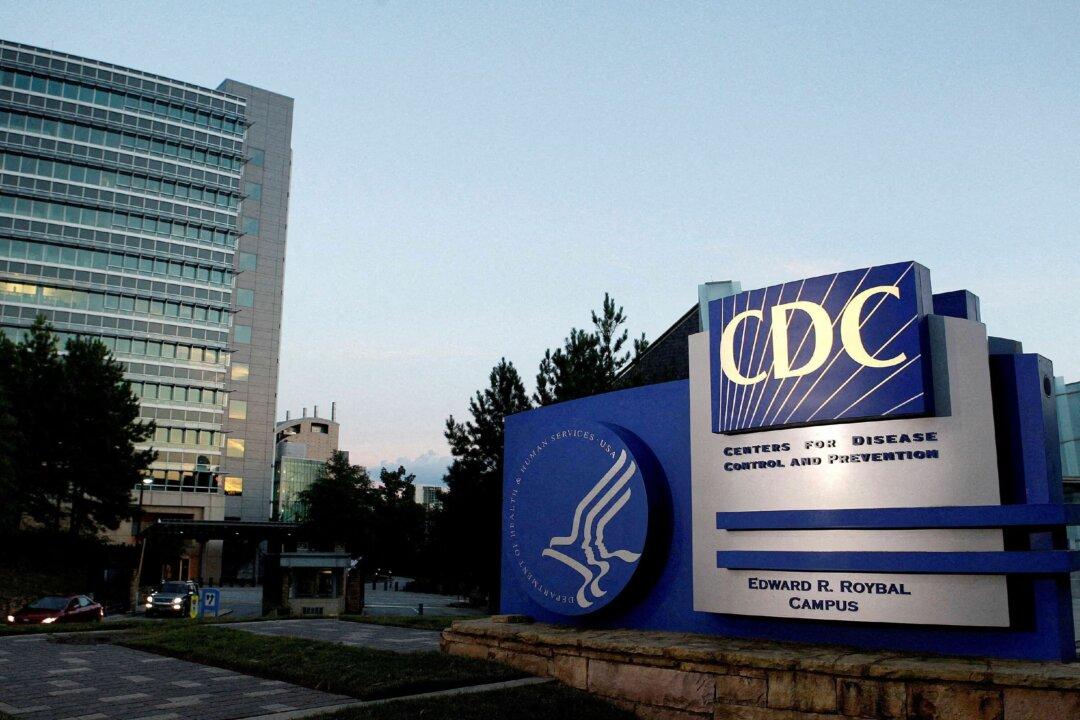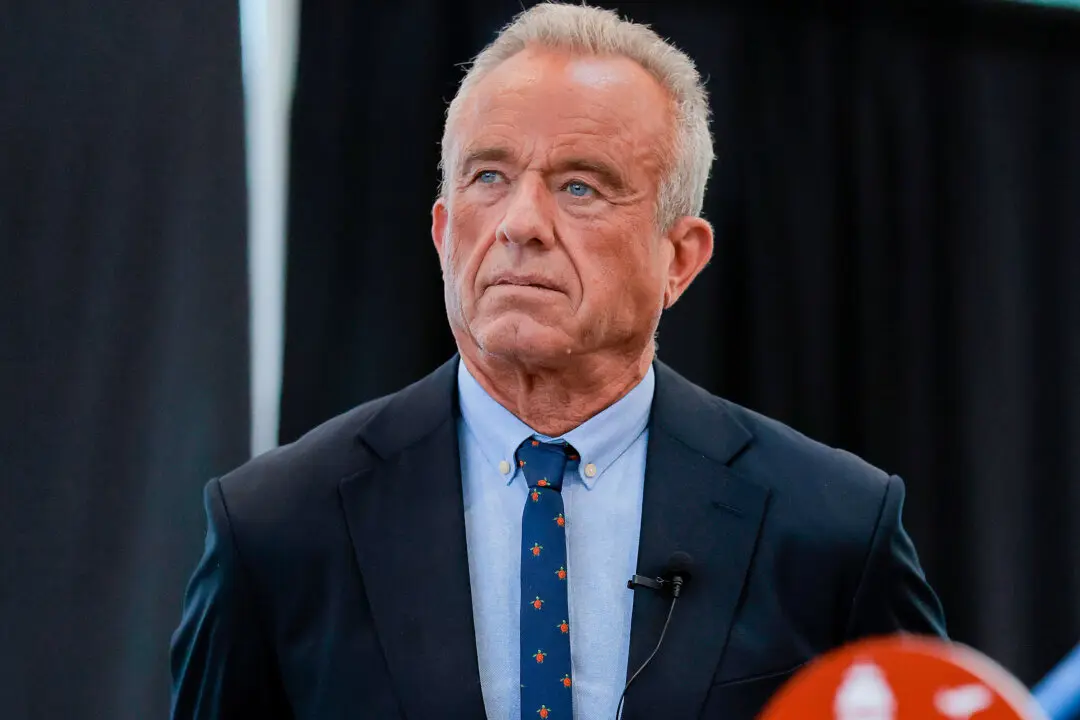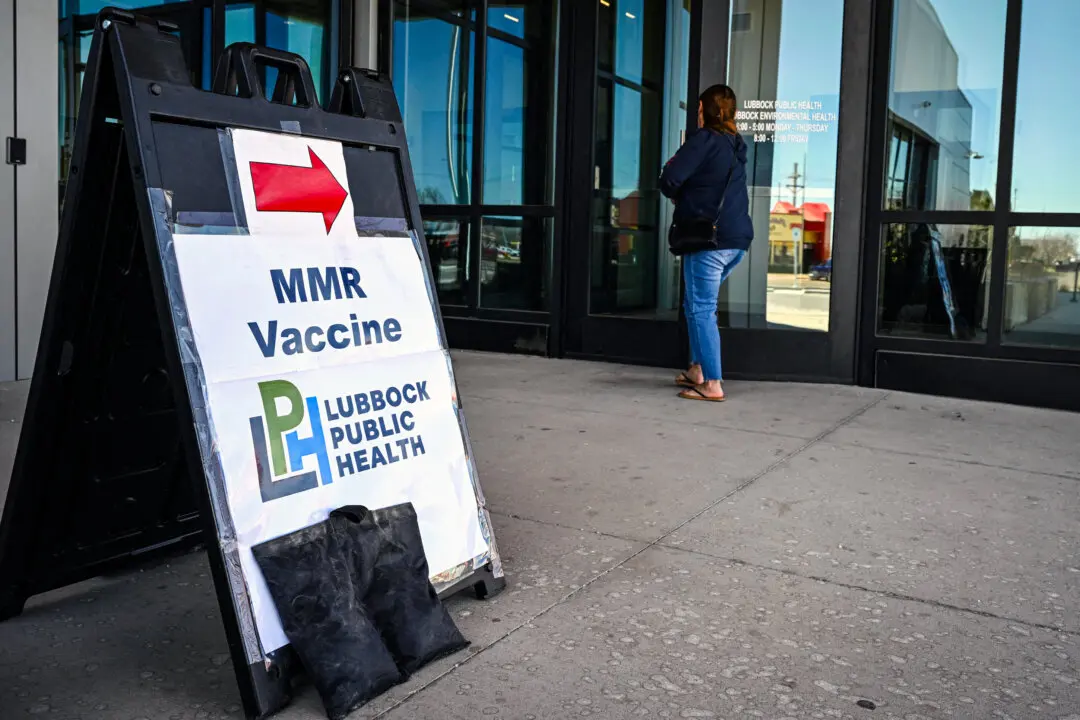A top U.S. health agency is refusing to identify which employees are working on vaccine safety teams, drawing criticism from watchdog groups.
The Vaccine Adverse Event Reporting System (VAERS) is a database in which people file reports of adverse events following vaccination. The U.S. Centers for Disease Control and Prevention (CDC) manages the database with the U.S. Food and Drug Administration.





